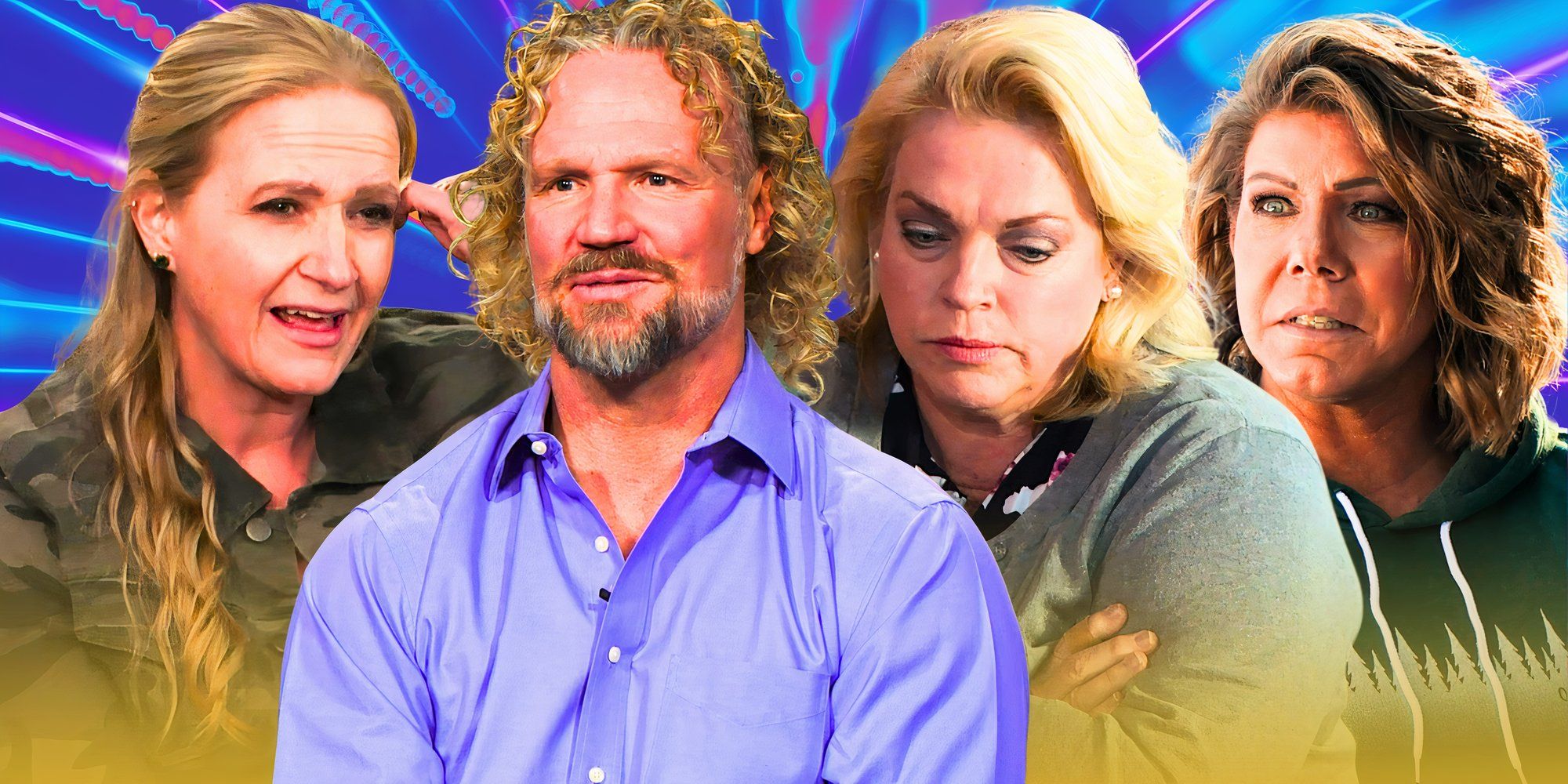<div id=”culturearticle20240116-has-mean-girls-lost-its-bite”>
(Image credit: Paramount)
The hit remake has been described as “too nice” compared to the 2004 original starring Lindsay Lohan – but does the new movie just offer its own, more contemporary version of meanness?
“This isn’t your mother’s Mean Girls,” announces the trailer for the new musical-movie remake of the 2004 classic, which is currently topping the US box office. If “not your mother’s Mean Girls” means it’s a departure from the problematic jokes that were a hallmark of the noughties (and of Tina Fey, who wrote the original, the Broadway musical from which the new version is an adaptation of and this current iteration), then it certainly delivers on that promise for Gen Z.
More like this:
– The Amy Winehouse film angering fans
– 25 films to watch in 2024
– The biggest snub of awards season
A quick, relatively spoiler-free rundown of some of the big changes: much of the cast are queer people of colour, including Damian (Jacquel Spivey) and Janis (Auli’i Cravalho), from whose perspective the story is told. Cady (Angourie Rice) has transferred from being homeschooled specifically in Kenya instead of the monolithic Africa (and Kevin G nicknames her “Water Bird” – in the original it is “Africa”), and the different social groups aren’t categorised by race. Damian sings the I, Carly theme song in French instead of Christina Aguilera’s Beautiful at the Christmas talent show.

The original Mean Girls movie (2004) featured Rachel McAdams, left, as the bully Regina George (Credit: Alamy)
The “obsessed lesbian” rivalry between Janis and Regina (Reneé Rapp) remains, though it is more fleshed out (perhaps owing to the bisexuality of the two actors who play them), with Janis being openly queer and Regina playing that up to appeal to the male gaze (when a game of spin the bottle in middle school requires that the two kiss, which leads to their falling out). The difference this time around is that Janis won’t be shamed for her sexuality, and her trauma is that she lost her best friend, was bullied and kicked out of school.
The humanisation afforded to its characters also extends to Regina. In the original, Regina was a fairly stock standard, one-dimensional villain, however well-played by the sorely underrated Rachel McAdams. The musical addition of Regina’s songs, Someone Gets Hurt and World Burn, grant us insight into her motivations outside of having “money and looks”. Someone Gets Hurt lets us see that her pride and her “cold and forbidding” persona are a “performance/This is all self-defence,” while World Burn reinforces her barriers after she is the one who gets hurt: “This is what I get for helping… I wanna watch the world burn/And everyone get mean.”
Some might say that the Mean Girls redux is “too nice”, but if the bar is Y2K-era insults then the bar is very low indeed. There are none of the fat-shaming, homophobic or racist slurs, but Regina is still a terrifying bully, perhaps even more so than McAdams’s version because Reneé Rapp is legitimately scary. (Just ask Buddy the bus driver.) The Burn Book crucially still exists, and thankfully it remains in analogue (“from that week [the teachers] took away our phones”) instead of on social media or as a text chain. Some of the updated insults don’t quite land though: “fat virgin” is now “horny shrimp” and “fugly slut” is now “fugly cow”.
As Jennifer Keishin Armstrong, author of the new book So Fetch: The Making of Mean Girls (And Why We’re Still So Obsessed With It), writes, “Now ‘space-dyke’ become[s] ‘space-lez’. You can debate among yourselves how much that helps.” But owing to the much-needed diversity of the cast and characters, Tina Fey recently told The New York Times that “Regina wouldn’t try [some of the stuff from the original] now because she knows the kids around her would be like, ‘That’s homophobic.’ She would know not to be homophobic, and hopefully, truly would not be homophobic.”
Fey goes on to say that what was considered normal “mean girl” teen behaviour in 2004 has permeated the culture and politics today. Though one could argue the same about the societal climate surrounding the original, this might not be your mother’s Mean Girls, but it’s certainly updated for a new generation.
– videos and can’t-miss news delivered to your inbox every Friday.
;









